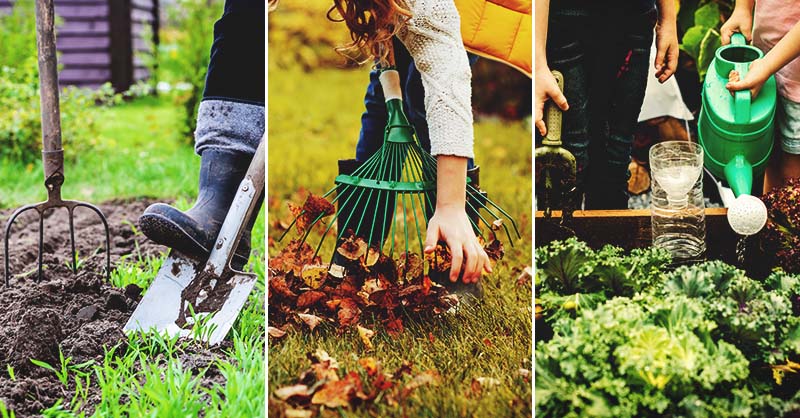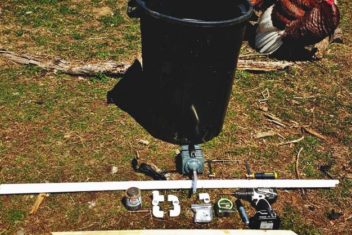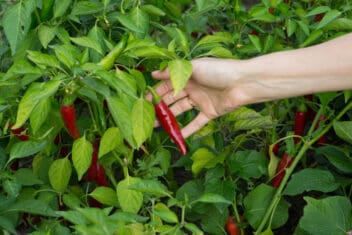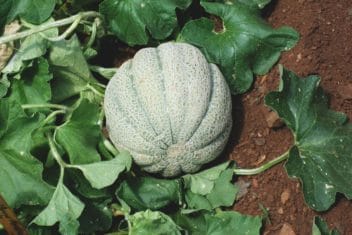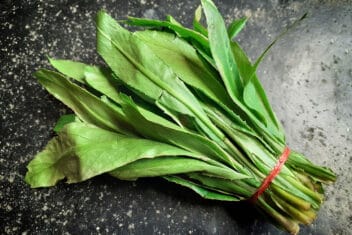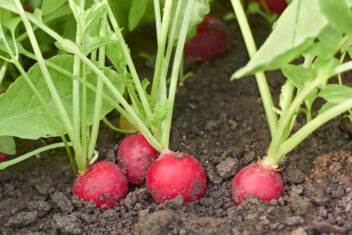It’s that time of the year again when the repeated garden tasks start to feel like a chore. The incessant uncooperative weather continues to stress me out. Pests pop up unexpectedly just in time to ruin my harvest of certain crops. I spot blossom end rot on my beautiful tomatoes. Squirrels dash away with a glint of evil in their eye and vegetables in their mouth.
On top of that, I can no longer tell if I’m over or underwatering. Things I planted early on fail to flourish. Spent crops decide it’s time to fall over and die. The garden slowly browns as the nighttime temperatures cool off.
It has only been a few months since planting, but in gardening-time, it’s been a long while that I’ve been focused on the task. Pleasure walks through the garden become fewer, and it’s at this point where my routine task of watering in the morning or evening falls to the wayside.
During this month of change — back to school, shifting seasons, and harvests — I can’t help but look at the garden and see something that’s slowly coming to an end. Even with plans for a winter or fall garden in mind, I feel despondent and ready to throw in the towel.
Gardening is a fantastic hobby that affords me a peek into the inner workings of Mother Nature. I get the chance to watch life grow from what seems like an inert seed. It’s astonishing. But there comes a time when things start to wear on me.
That’s what I call garden burnout. Can you relate to the feeling? Here’s how I’ve learned to tackle the problem.
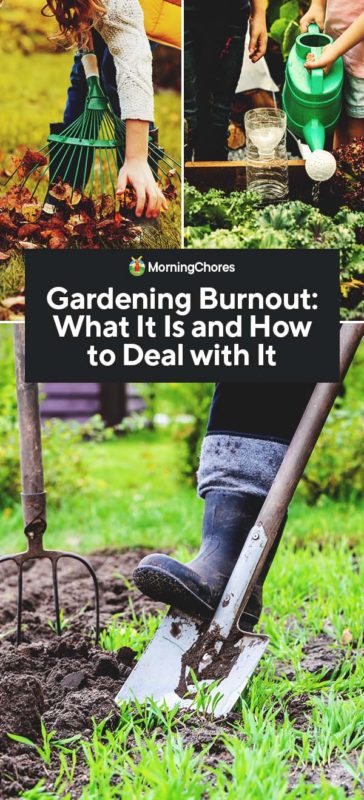
What is Garden Burnout?
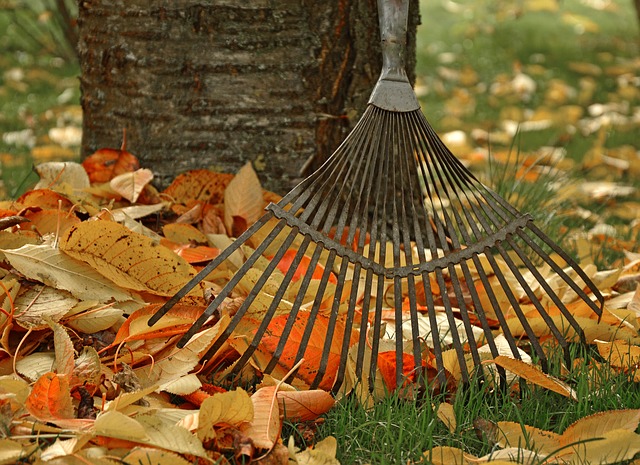
Gardening burnout is a weariness that builds over time and leaves you indifferent to your otherwise favorite hobby. Burnout happens with other things in life, too. Some people experience career burnout, where they’ve worked so hard for so long without giving themselves a break.
I assume that there’s such a thing as parental burnout, as well — despite not being a parent. I struggle to find time in the day, and I can’t imagine how those with children do it. There’s also training burnout, which athletes and regular folks alike experience when they train too hard for too long without giving themselves enough rest.
Some types of burnout manifest themselves physically in addition to psychologically. Runners experiencing burnout might notice their resting heart rates are more elevated than usual. Runs may feel more taxing even at the same level of effort.
When I experience garden burnout, I feel anxious, fatigued, and irritated by the tasks ahead of me. I put off watering until it’s absolutely necessary and I stop bothering to weed my beds. If I see pests, I angrily rip out affected plants instead of trying to deal with the solution using other methods. I clear out plants that haven’t been thriving and vow to never bother with them again. I curse more often as I walk through my garden and frown a lot, too.
Identifying Garden Burnout
Are you experiencing garden burnout? Here are some signs to watch for:
- You struggle to find motivation during the gardening season.
- You’re putting off garden-related tasks to the detriment of your garden.
- There are any number of serious problems in your garden (e.g., pests, drought, nutrient deficiencies, etc.) that feel insurmountable.
- You’re struggling financially and finding it tough to upkeep your garden on a tight budget.
- Some of your crops have failed.
- You’re feeling fatigued and uninterested in visiting your garden.
Note: If you’re noticing that you’re losing interest in your hobbies (gardening included) and find yourself feeling sad on most days, you may be depressed. Reach out and speak to a mental health professional if you’re struggling to do and enjoy the things you usually love.
Strategies for Dealing with Garden Burnout

Feeling like you’re done with gardening for the season already? Do you want to forget about the fall crops you’ve planted and leave everything be? Here are some tips for dealing with garden burnout:
Switch things up
Change up your routine to snap out of garden burnout. This is something I often do as a runner or reader (my two other favorite hobbies besides gardening). I try a new book genre. I swap my running routes or run intervals instead of steady efforts. As a gardener, try watering or doing other chores in the evening if the morning is a struggle.
Ask for help
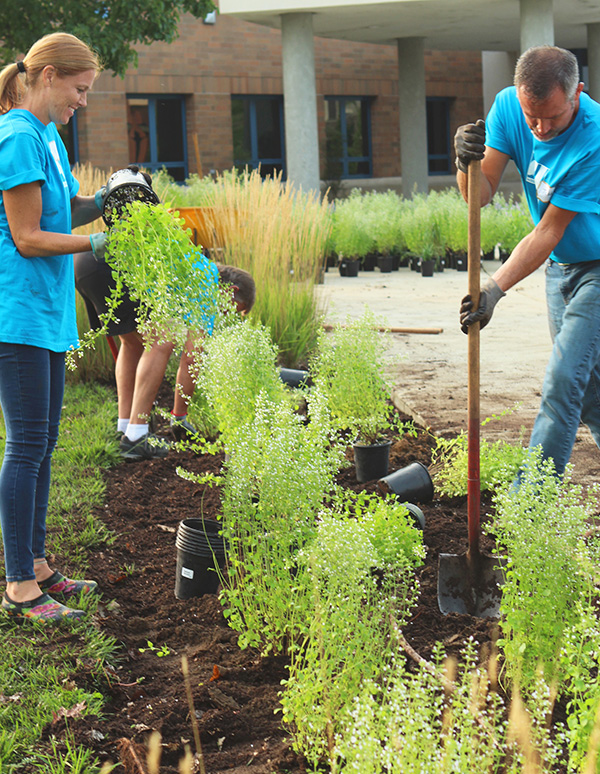
Don’t be shy to ask friends and family for a helping hand if you’re struggling with tasks in your garden. Involve your kids in a gardening chore and teach them a few things about your hobby. Ask people to help you with a big harvest and let them go home with a few treats or cook them dinner!
Begin your fall cleanup
If browning crops are getting you down, don’t feel bad if you don’t want to clean up your beds. The season can’t last forever in some regions and even where the growing season is longer, turnover needs to happen.
Remove plants that haven’t thrived and, if there’s time, plant crops with early maturity dates (e.g., radishes). If not, just close up beds one by one. A few little cleanup tasks are easier to handle ` than doing it in one fell swoop.
Today, for instance, I starting pulling any lettuce plants that had gone to seed and threw them into the compost. Next week, I’ll assess my nightshades and decide whether they’re time is up.
Don’t feel forced to do anything
Sometimes the gardening world feels like a competition. On the daily, I see other gardeners on Instagram (often living in warm climates) with beautiful year-round vibrant gardens.
I love seeing the array of posts, but sometimes it makes me feel inadequate and contribute to gardening burnout. Some people never seem to lose steam. But don’t feel bad if you do. There’s no obligation to keep slogging along. Forcing yourself to keep going can have a detrimental impact on your overall enjoyment of gardening. Instead, accept the early opportunity to close up the garden.
Accept the things you cannot change
At the end of the season, small problems can quickly feel like immense burdens. Cabbage moths on the rampage? Squirrels skittering off with cucumbers? With fall on the horizon, my suggestion is to let it go simply. Who cares? Pull out severely affected crops and ignore that stupid hungry squirrel. Aren’t you tired of cucumbers anyways? Don’t sweat the small stuff.
Be generous
At the end of the season, one of the things that stress me out the most is when I have an abundance of a specific crop. Sadly, that’s not the case for me this year, but it’s happened in the past. It’s often an issue with tomatoes, cucumbers, or zucchini.
If you have a lot on your hands, don’t freak out about canning or preserving. If you don’t have the time to pack everything up for the winter, that’s ok! Give it away instead. Your friends, family, and neighbors will love you for it!
You’re Not Alone
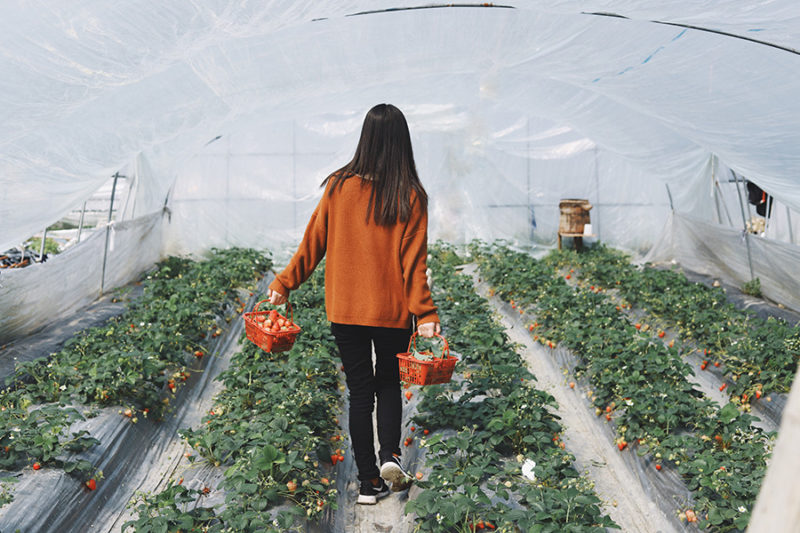
Thankfully, I never fall into despair for too long. I quickly realize that in my region, I’m lucky enough to get a garden reset. The garden sleeps for the winter, and I can recuperate and forget the troubles of the year past. It’s a lot like training for a big race like a marathon.
As a runner, I’ve dealt with the blues and depression that occurs after a long hard training season that culminates in a big race. The finish line moment is cathartic and exciting, but it soon turns to melancholy. All the work you’ve done ends in an abrupt fashion. I think it’s why marathoners love to talk about their hobby. It’s a way to keep that moment alive. That glorious snapshot doesn’t end if you can chat about it and relive it, after all.
The same with gardening. I talk about plants and gardening any chance I get. At my cousin’s wedding this spring, I educated my fellow table guests about the vegetables adorning their plates. “That’s sea asparagus! It’s not asparagus, and it’s from the sea!”. The gardening season had barely begun then, and I was itching to transplant and sow. Naming and identifying vegetables was the next best thing.
I know that the ebb and flow of passion is normal. I also know that I can’t be the only one who goes through it. Whether you’re a vegetable gardener like me or have another beloved hobby, know that it’s perfectly fine to hate what you’re doing at times.
Runners loathe pounding the pavement some mornings (I can attest to that!). I imagine woodworkers can’t stand the sight of wood some days. Musicians must never want to hear a particular tune ever again at times. Book lovers can go months without picking up a book in some instances.
Give Yourself a Break
Just because you’re struggling to love the act of gardening right now, doesn’t mean it’ll last forever. Take a pause, busy yourself with something else for the time being, and return with a renewed sense of purpose. Like with any relationship, the one with your garden requires a bit of distance at times to let love flourish.
